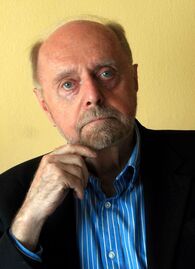 The Endurance was sinking. As the crew of twenty-eight men watched in numb resignation from a nearby ice floe, ten million tons of ice slowly crushed her. Like a dying animal, the ship screeched and moaned as the pressure mounted. Finally her frames and planking broke with a sound that ripped like artillery fire through the frozen wilderness. It was October 27, 1915. Ernest Shackleton’s Trans-Antarctic Expedition had set out to be the first to make an overland crossing of the Antarctic continent. Now, before they even reached land, they were stranded, with lifeboats, seventy dogs, and food for a few months. They were locked in a jigsaw of ice floes, a thousand miles from civilization, with no means of calling for help. Shackleton called all hands together. They must haul the lifeboats to the open sea, and get to South Georgia, the nearest inhabited island. It was imperative that they carry a minimum of weight. To make his point, he threw out a gold cigarette case, and a handful of gold sovereigns, then took the bible the queen had given him and laid it on the snow. A two-pound limit was set. An exception was made for meteorologist Hussey’s banjo - a little music is good for morale. The sleds sank into the slush and refused to move. A long wait lay ahead. Penguins became their daily diet. Months passed. Ocean Camp was renamed Patience Camp. On January 26th, Shackleton wrote across an entire page in his diary: “Waiting Waiting Waiting.” Finally, in April, the ice floe had melted to the size of a football field. Shackleton ordered the boats launched. After seven days on the open sea, the snowcapped peaks of Elephant Island loomed before them. Camp was made on a tiny stretch of beach. Two small boats were made into huts. Shackleton decided to take the largest lifeboat and, with a small crew, try to reach South Georgia. Ahead lay the treacherous Drake Passage. Sixteen days of hurricane-level winds and fifty-foot waves, and they washed up on the uninhabited side of South Georgia. A climb across steep mountains followed. On May 20th they stumbled into the island’s whaling factory. It took three months for Shackleton to rescue the crew on Elephant Island. All the men were there, waving at him. The expedition may have failed, but the inspired leadership of Ernest Shackleton had triumphed. 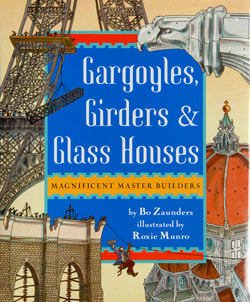
5 Comments
Here's a reminder for our day off on Monday to observe Memorial Day. Take a moment to think about those who made the ultimate sacrifice for our country. The posts for the rest of the week follow.
On November 3, 1957, a tiny capsule rocketed into space. Inside was a diminutive, 14-pound, black and white dog named Laika. And when her spaceship pierced the Earth’s atmosphere, she became the first creature in history to make it to outer space. No small feat for a stray that only days before had been fighting for scraps on the streets of Moscow! Laika’s unlikely journey was borne out of the race to prove that human spaceflight was possible. Just a month earlier, on October 4, 1957, the Soviet Union—Cold War nemesis of the United States—launched into orbit history’s first satellite, Sputnik 1. That’s when Soviet Premier Nikita Khrushchev insisted that his scientists perform a second test—this time to determine if a living being could survive the journey to the stars. The mission was too dangerous to risk a human life, so the Soviets decided to train a stray dog to be Russia’s first cosmonaut. Nine days before the scheduled launch, they chose Laika for her gentle disposition and natural beauty. If she was to make history, they reasoned, she would need to be photogenic. Laika did make history. Monitors followed the sound of her tiny beating heart all the way into Earth’s orbit. But there was a problem: the Soviets had not worked out how to get Laika back. She perished, circling the earth, most likely from the profound heat created by the capsule’s firing rockets. Laika’s journey sparked not one but two historic advances: the era of human space exploration, and the animal rights movement, particularly in scientific testing. She became a global folk hero. Her sacrifice inspired poems and novels. She was featured on stamps and coins, and memorialized in a Moscow statue. Her fame ensured that going forward efforts would be made to protect the lives of canine cosmonauts. Sure enough, on August 19, 1960, two more Moscow strays, Belka and Strelka, became the first living creatures to make the round trip to space. Laika the Soviet Space Dog will always be remembered as the first living being to boldly go where no one had gone before. Laika was a pioneer for humanity. 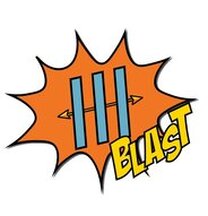 Sarah Towle is an award-winning digital storyteller of immersive tales for educational tourism. With her latest project for secondary school students—the History Hero BLAST—she puts the Story back in History, bringing a fictional flair to factual tales of inspirational figures from around the world and throughout time. A blog and future podcast, the HHBLAST welcomes the participation of published and aspiring authors, including young writers. Click here to find out more about how to bring the HHBLAST—and Sarah—to your school! 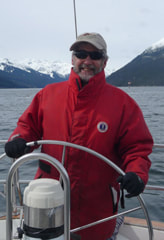 Nearly everyone is familiar with Thomas Edison, born [February 11] day in 1847. When Thomas started school, his teacher called him “addled,” and he soon dropped out. His mother home-schooled him for several years. He began his entrepreneurial career when he was 12, publishing his own newspaper and selling it on the train. A few years later, he became a telegrapher and started tinkering in his spare time. He made many improvements to telegraphy and eventually turned to inventing full-time in his New Jersey workshop. He was amazingly persistent. He explained that “Genius is 1 percent inspiration and 99 percent perspiration,” “Opportunity is missed by most people because it is dressed in overalls and looks like work,” and “I haven’t failed. I’ve just found 10,000 ways that won’t work.” As a result of his persistence, he received more than 2,000 patents worldwide. These patents included the incandescent light bulb, the phonograph, and the movie camera. He became one of the most famous Americans of his era. When he died in 1931, light bulbs around the world were briefly dimmed or turned off. There’s another, lesser-known side of Edison however. He was a ruthless businessman. One of the most notable examples involved the movie camera. Soon after inventing it, he established a company called Edison Studios in New Jersey. The building was set on rollers to follow the sun’s path across the sky. In 1894, his 5-second film “Fred Ott’s Sneeze” became the first-ever copyrighted motion picture. Audiences loved this new technology and flocked to theatres. To meet the demand, many other small moviemaking companies sprang up. Edison hated the competition. In 1898, he began filing lawsuits to force them out of business. When that didn’t work, he organized the Motion Picture Patents Company, a group of 10 film companies headed by Edison Studios. The Patents Company continued the court battles. Presumably with Edison’s approval, it sometimes hired thugs who broke into rival studios and ransacked them. Not surprisingly, many of Edison’s victims wanted to get as far away as they could. They headed for southern California, on the other side of the country. Side benefits were generally better weather that allowed year-round filming, a variety of terrain features, and cheap land and labor. Many of the newcomers established their offices in a tiny village near Los Angeles called Hollywood—the name now synonymous with the movie industry. 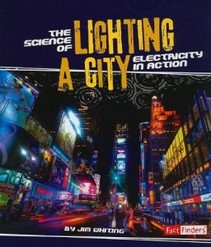 Click! The lights come on, and it seems like the most natural thing in the world. But without science, you’d be left in the dark. Jim Whiting's The Science of Lighting a City takes a closer look at the amazing places that Edison's invention of the light bulb has led. Whiting, Jim. "Thomas Edison: Cutthroat Businessman." Nonfiction Minute, iNK
Think Tank, 21 May 2018, www.nonfictionminute.org/the-nonfiction-minute/ Thomas-Edison-Cutthroat-Businessman. |
*NEWS
|
For Vicki Cobb's BLOG (nonfiction book reviews, info on education, more), click here: Vicki's Blog
The NCSS-CBC Notable Social Studies Committee is pleased to inform you
that 30 People Who Changed the World has been selected for Notable Social Studies Trade Books for Young People 2018, a cooperative project of the National Council for the Social Studies (NCSS) & the Children’s Book Council
Categories
All
Abolitionists
Adams Janus
Adaptation
Adaptations
Adkins Jan
Advertising
Aerodynamics
Africa
African American History
African Americans
Africa West
Agriculture
Aircraft
Air Pilots
Air Pressure
Air Travel
Albee Sarah
Alchemy
Alligators
Allusion
American History
American Icons
Amphibians
Amundsen Roald
Anatomy
Ancient
Ancient Cultures
Anderson Marian 1897-1993
Animal Behavior
Animal Experimentation
Animal Intelligence
Animals
Animation
Antarctica
Ants
Apache Indians
Apes
April Fool's Day
Architecture
Argument
Arithmetic
Art
Art Deco
Artists
Arts
Asia
Astronauts
Astronomy
Athletes
Atomic Theory
Audubon Societies
Authors
Autobiography
Automobiles
Aviation
Awards
Bacteria
Baseball
Battuta Ibn
Bears
Beatles
Beavers
Bees
Biodegradation
Biography
Biology
Biomes
Biomimicry
Biplanes
Birds
Black Death
Black History
Blindness
Blizzards
Bombs
Bonaparte Napoleon
Boone Daniel
Botany
Brazil
Bridges
Brill Marlene Targ
Brooklyn Bridge
Brown John
Buffaloes
Building Materials
Butterflies
Caesar
Caesar Julius
Caissons
Calculus
Calendars
Cannibal
Capitals
Caravaggio
Carbon Dioxide
Carnivores
Carson Mary Kay
Cartoons & Comics
Carving (Decorative Arts)
Cascade Range
Castaldo Nancy
Castles
Castrovilla Selene
Cathedrals
Cats
Caves
Celts
Cemeteries
Chemistry
Children's Authors
Child Welfare
China
Choctaw Indians
Christmas
Chronometers
Cicadas
Cinco De Mayo
Ciphers
Circle
Citizenship
Civil Rights
Civil Rights Movements
Civil War
Civil War - US
Climate
Climate Change
Clocks And Watches
Clouds
Cobb Vicki
COBOL (Computer Language)
Code And Cipher Stories
Collard III Sneed B.
Collectors And Collecting
Color
Commerce
Communication
Competition
Compilers
Composers
Computers
Congressional Gold Medal
Consitution
Contests
Contraltos
Coolidge Calvin
Cooling
Corms
Corn
Counterfeiters
Covid-19
Crocodiles
Cryptography
Culture
Darwin Charles
Declaration Of Independence
Decomposition
Decompression Sickness
Deep-sea Animals
Deer
De Medici Catherine
Design
Detectives
Dickens Charles
Disasters
Discrimination
Diseases
Disney Walt
DNA
Dogs
Dollar
Dolphins
Douglass Frederick 1818-1895
Droughts
Dr. Suess
Dunphy Madeleine
Ear
Earth
Earthquakes
Ecology
Economics
Ecosystem
Edison Thomas A
Education
Egypt
Eiffel-gustave-18321923
Eiffel-tower
Einstein-albert
Elephants
Elk
Emancipationproclamation
Endangered Species
Endangered-species
Energy
Engineering
England
Englishlanguage-arts
Entomology
Environmental-protection
Environmental-science
Equinox
Erie-canal
Etymology
Europe
European-history
Evolution
Experiments
Explorers
Explosions
Exports
Extinction
Extinction-biology
Eye
Fairs
Fawkes-guy
Federalgovernment
Film
Fires
Fishes
Flight
Floods
Flowers
Flute
Food
Food-chains
Foodpreservation
Foodsupply
Food-supply
Football
Forceandenergy
Force-and-energy
Forensicscienceandmedicine
Forensic Science And Medicine
Fossils
Foundlings
France
Francoprussian-war
Freedom
Freedomofspeech
French-revolution
Friction
Frogs
Frontier
Frontier-and-pioneer-life
Frozenfoods
Fugitiveslaves
Fultonrobert
Galapagos-islands
Galleys
Gametheory
Gaudi-antoni-18521926
Gender
Generals
Genes
Genetics
Geography
Geology
Geometry
Geysers
Ghosts
Giraffe
Glaciers
Glaucoma
Gliders-aeronautics
Global-warming
Gods-goddesses
Gold-mines-and-mining
Government
Grant-ulysses-s
Grasshoppers
Gravity
Great-britain
Great-depression
Greece
Greek-letters
Greenberg Jan
Hair
Halloween
Handel-george-frederic
Harness Cheryl
Harrison-john-16931776
Health-wellness
Hearing
Hearing-aids
Hearst-william-randolph
Henry-iv-king-of-england
Herbivores
Hip Hop
History
History-19th-century
History-france
History-world
Hitler-adolph
Hoaxes
Holidays
Hollihan Kerrie Logan
Homestead-law
Hopper-grace
Horses
Hot Air Balloons
Hot-air-balloons
Housing
Huguenots
Human Body
Hurricanes
Ice
Icebergs
Illustration
Imagery
Imhotep
Imperialism
Indian-code-talkers
Indonesia
Industrialization
Industrial-revolution
Inquisition
Insects
Insulation
Intelligence
Interstatecommerce
Interviewing
Inventions
Inventors
Irrational-numbers
Irrigation
Islands
Jacksonandrew
Jazz
Jeffersonthomas
Jefferson-thomas
Jemisonmae
Jenkins-steve
Jet-stream
Johnsonlyndonb
Jokes
Journalism
Keeling-charles-d
Kennedyjohnf
Kenya
Kidnapping
Kingmartinlutherjr19291968
Kingmartinlutherjr19291968d6528702d6
Kings-and-rulers
Kings Queens
Kings-queens
Koala
Labor
Labor Policy
Lafayette Marie Joseph Paul Yves Roch Gilbert Du Motier Marquis De 17571834
Landscapes
Languages-and-culture
Law-enforcement
Layfayette
Levers
Levinson Cynthia
Lewis And Clark Expedition (1804-1806)
Lewis Edmonia
Liberty
Lift (Aerodynamics)
Light
Lindbergh Charles
Liszt Franz
Literary Devices
Literature
Lizards
Longitude
Louis XIV King Of France
Lumber
Lunar Calendar
Lynching
Macaws
Madison-dolley
Madison-james
Madison-james
Mammals
Maneta-norman
Maneta-norman
Marathon-greece
Marine-biology
Marine-biology
Marines
Marsupials
Martial-arts
Marx-trish
Mass
Massachusetts-maritime-academy
Mass-media
Mastodons
Mathematics
May-day
Mcclafferty-carla-killough
Mcclafferty-carla-killough
Mckinley-william
Measurement
Mechanics
Media-literacy
Media-literacy
Medicine
Memoir
Memorial-day
Metaphor
Meteorology
Mexico
Mickey-mouse
Microscopy
Middle-west
Migration
Military
Miners
Mississippi
Molasses
Monarchy
Monsters
Montgomery
Montgomery-bus-boycott-19551956
Montgomery-heather-l
Monuments
Moon
Moran-thomas
Morsecode
Morsesamuel
Moss-marissa
Moss-marissa
Motion
Motion-pictures
Mummies
Munro-roxie
Munro-roxie
Musclestrength
Museums
Music
Muslims
Mythologygreek
Nanofibers
Nanotechnology
Nathan-amy
Nathan-amy
Nationalfootballleague
Nationalparksandreserves
Nativeamericans
Native-americans
Native-americans
Naturalhistory
Naturalists
Nature
Nauticalcharts
Nauticalinstruments
Navajoindians
Navigation
Navy
Ncaafootball
Nervoussystem
Newdeal19331939
Newman-aline
Newman-aline
Newton-isaac
New-york-city
Nobelprizewinners
Nomads
Nonfictionnarrative
Nutrition
Nylon
Nymphs-insects
Oaths Of Office
Occupations
Ocean
Ocean-liners
Olympics
Omnivores
Optics
Origami
Origin
Orphans
Ottomanempire
Painters
Painting
Paleontology
Pandemic
Paper-airplanes
Parksrosa19132005
Parrots
Passiveresistance
Patent Dorothy Hinshaw
Peerreview
Penguins
Persistence
Personalnarrative
Personification
Pets
Photography
Physics
Pi
Pigeons
Pilots
Pinkertonallan
Pirates
Plague
Plains
Plainsindians
Planets
Plantbreeding
Plants
Plastics
Poaching
Poetry
Poisons
Poland
Police
Political-parties
Pollen
Pollution
Polo-marco
Populism
Portraits
Predation
Predators
Presidentialmedaloffreedom
Presidents
Prey
Prey-predators
Prey-predators
Prime-meridian
Pringle Laurence
Prohibition
Proteins
Protestandsocialmovements
Protestants
Protestsongs
Punishment
Pyramids
Questioning
Radio
Railroad
Rainforests
Rappaport-doreen
Ratio
Reading
Realism
Recipes
Recycling
Refrigerators
Reich-susanna
Religion
Renaissance
Reproduction
Reptiles
Reservoirs
Rheumatoidarthritis
Rhythm-and-blues-music
Rice
Rivers
Roaringtwenties
Roosevelteleanor
Rooseveltfranklind
Roosevelt-franklin-d
Roosevelt-theodore
Running
Russia
Safety
Sanitation
Schwartz David M
Science
Scientificmethod
Scientists
Scottrobert
Sculpture
Sculpturegardens
Sea-level
Seals
Seals-animals
Secretariesofstate
Secretservice
Seeds
Segregation
Segregationineducation
Sensessensation
September11terroristattacks2001
Seuss
Sextant
Shackletonernest
Shawneeindians
Ships
Shortstories
Silkworms
Simple-machines
Singers
Siy Alexandra
Slavery
Smuggling
Snakes
Socialchange
Social-change
Socialjustice
Social-justice
Socialstudies
Social-studies
Social-studies
Sodhouses
Solarsystem
Sound
Southeast-asia
Soybean
Space Travelers
Spain
Speech
Speed
Spiders
Spies
Spiritualssongs
Sports
Sports-history
Sports-science
Spring
Squirrels
Statue-of-liberty
STEM
Storms
Strategy
Sugar
Sumatra
Summer
Superbowl
Surgery
Survival
Swanson-jennifer
Swinburne Stephen R.
Synthetic-drugs
Taiwan
Tardigrada
Tasmania
Tasmanian Devil
Tasmanian-devil
Technology
Tecumsehshawneechief
Telegraph-wireless
Temperature
Tennis
Terrorism
Thomas Peggy
Thompson Laurie Ann
Time
Titanic
Tombs
Tortoises
Towle Sarah
Transcontinental-flights
Transportation
Travel
Trees
Trung Sisters Rebellion
Tundra
Turnips
Turtles
Typhoons
Underground Railroad
Us-environmental-protection-agency
Us History
Us-history
Ushistoryrevolution
Us History Revolution
Us-history-war-of-1812
Us Presidents
Ussupremecourtlandmarkcases
Vacations
Vaccines
Vangoghvincent
Vegetables
Venom
Vietnam
Viruses
Visual-literacy
Volcanoes
Voting-rghts
War
Warne-kate
Warren Andrea
Washington-dc
Washington George
Water
Water-currents
Wax-figures
Weapons
Weather
Weatherford Carole Boston
Whiting Jim
Wildfires
Winds
Windsor-castle
Wolves
Woman In History
Women
Women Airforce Service Pilots
Women-airforce-service-pilots
Womeninhistory
Women In History
Women-in-science
Women's History
Womens-roles-through-history
Wonder
Woodson-carter-godwin-18751950
World-war-i
World War Ii
World-war-ii
Wright Brothers
Writing
Writing-skills
Wwi
Xrays
Yellowstone-national-park
Zaunders Bo
ArchivesMarch 2021
February 2021
January 2021
December 2020
November 2020
October 2020
September 2020
June 2020
May 2020
April 2020
March 2020
February 2020
January 2020
December 2019
October 2019
September 2019
August 2019
July 2019
May 2019
April 2019
March 2019
February 2019
January 2019
December 2018
November 2018
September 2018
June 2018
May 2018
April 2018
March 2018
February 2018
January 2018
December 2017
November 2017
October 2017
September 2017
March 2017
The NONFICTION MINUTE, Authors on Call, and. the iNK Books & Media Store are divisions of iNK THINK TANK INC.
a 501 (c) (3) nonprofit corporation. To return to the iNK Think Tank landing page click the icon or the link below. :
http://inkthinktank.org/
For more information or support, contact thoughts@inkthinktank.org
For Privacy Policy, go to
Privacy Policy
© COPYRIGHT the Nonfiction Minute 2020.
ALL RIGHTS RESERVED.
This site uses cookies to personalize your experience, analyze site usage, and offer tailored promotions. www.youronlinechoices.eu
Remind me later
Archives
March 2023
February 2023
January 2023
December 2022
November 2022
October 2022
September 2022
June 2022
May 2022
April 2022
March 2022
February 2022
January 2022
December 2021
November 2021
September 2021
April 2021
March 2021
February 2021
November 2020
October 2020
September 2020
June 2020
May 2020
April 2020
March 2020
February 2020
January 2020
October 2019
August 2019
July 2019
May 2019
April 2019
December 2018
September 2018
June 2018
May 2018
March 2018
February 2018
January 2018
December 2017
November 2017
October 2017
September 2017
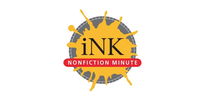

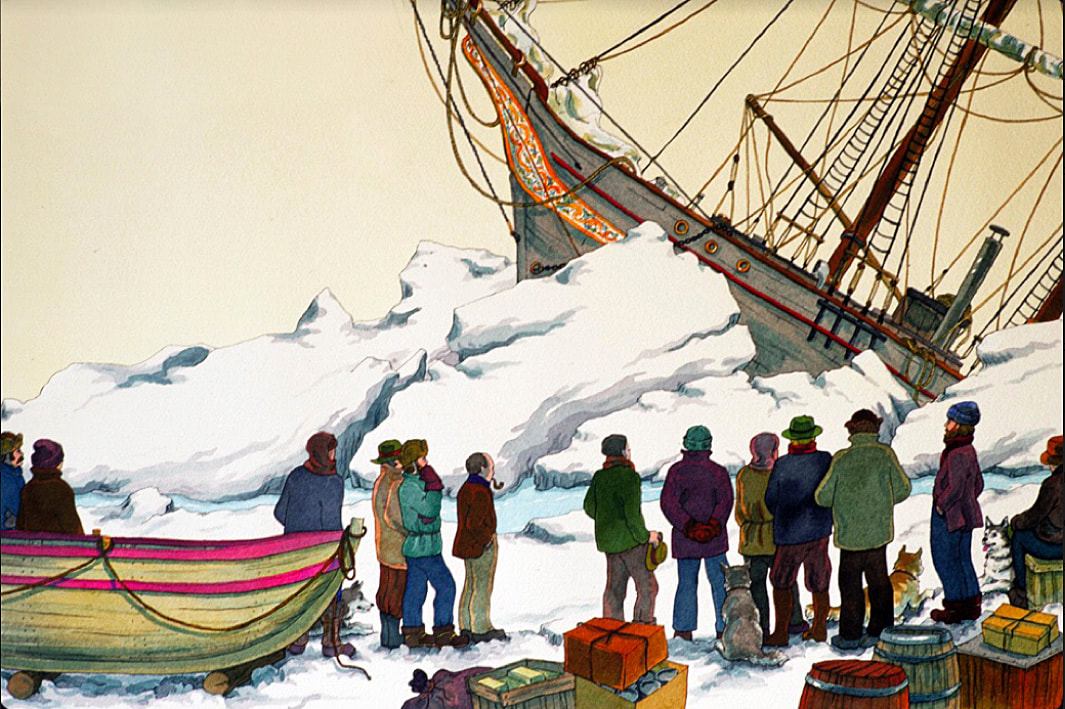
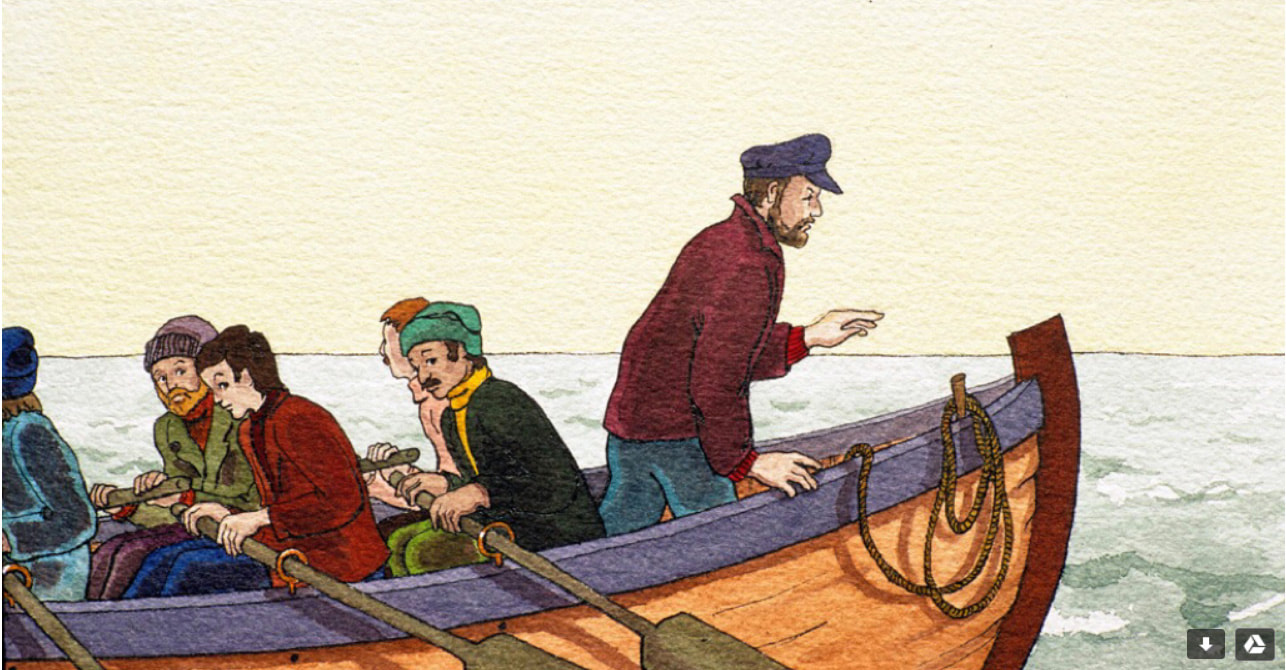
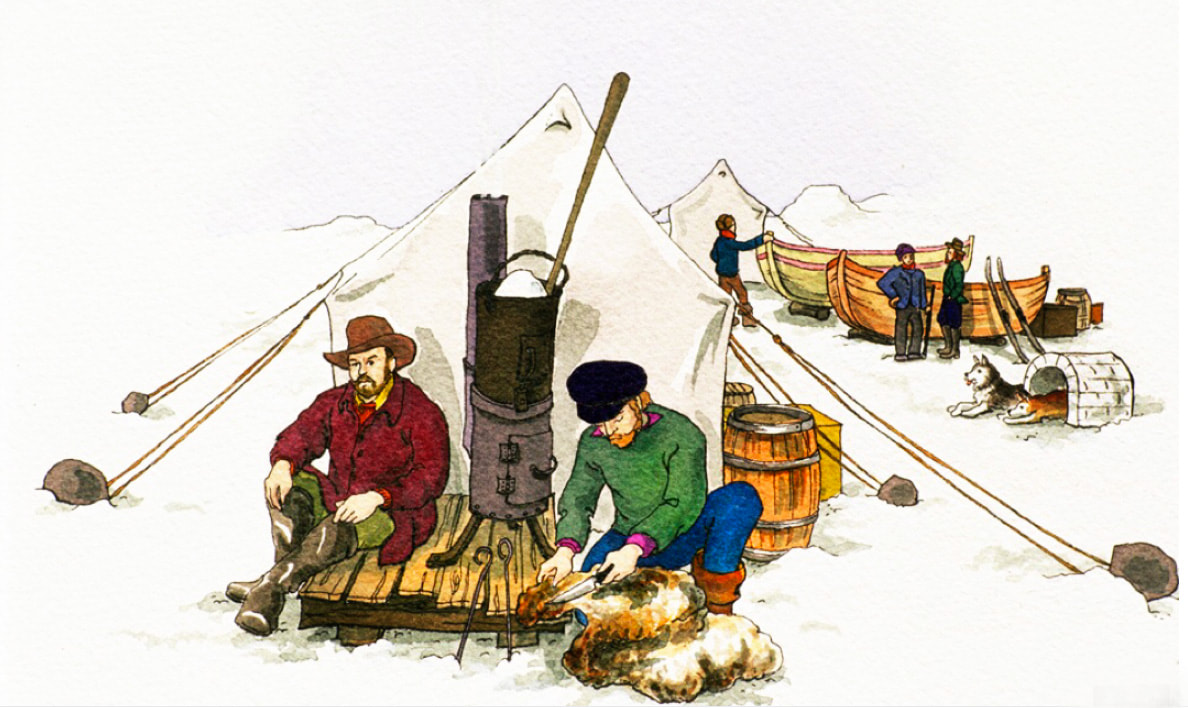
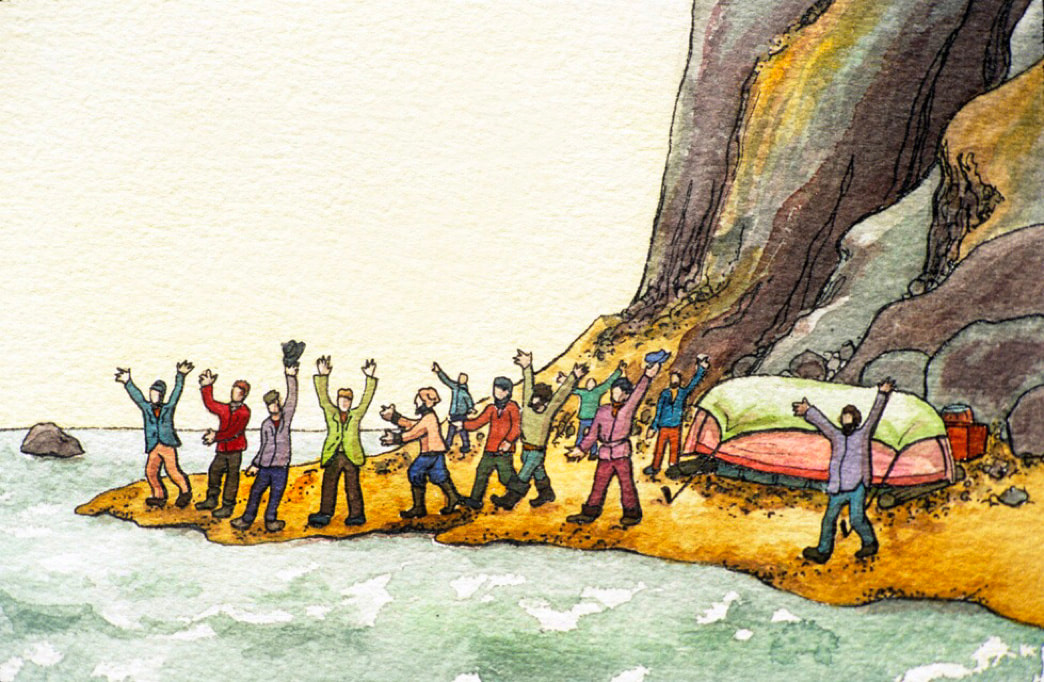
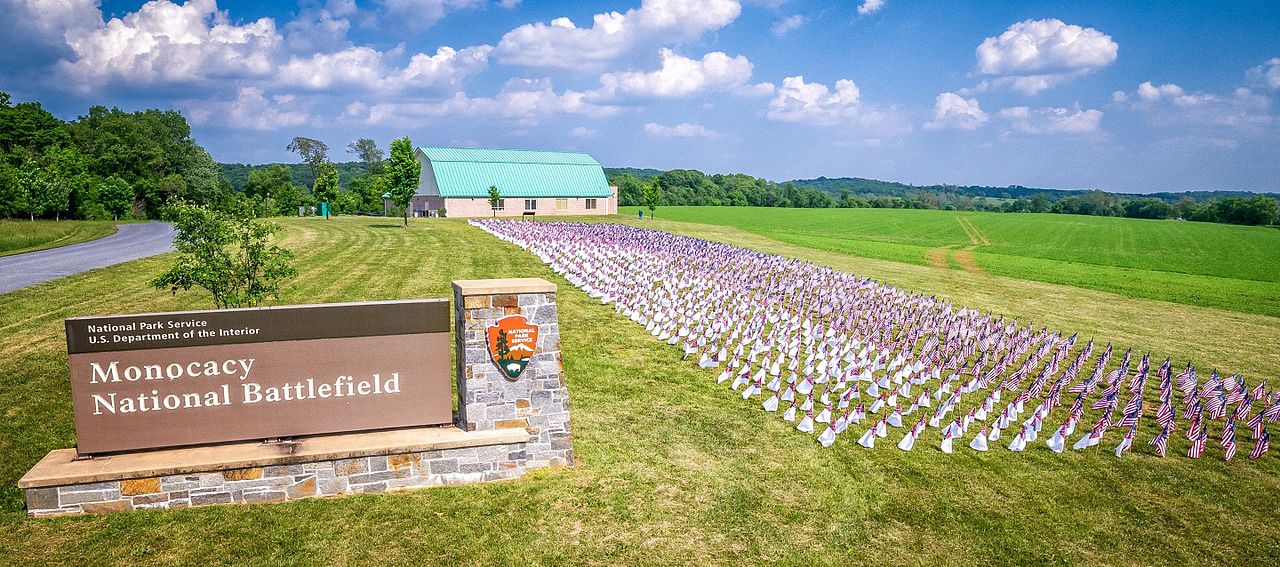


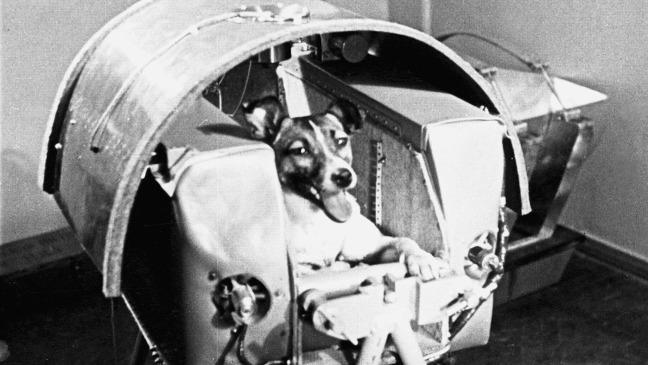
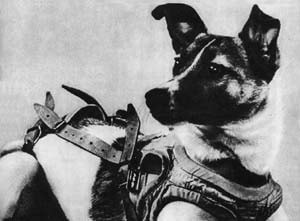
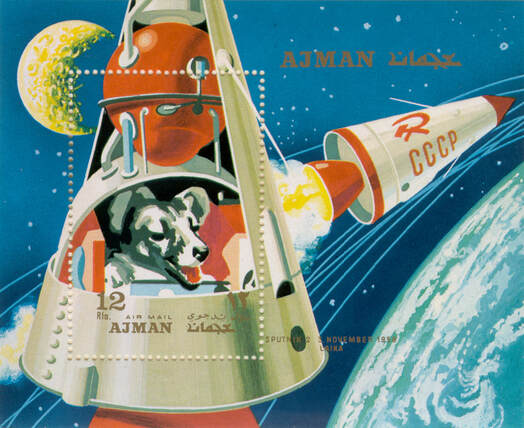
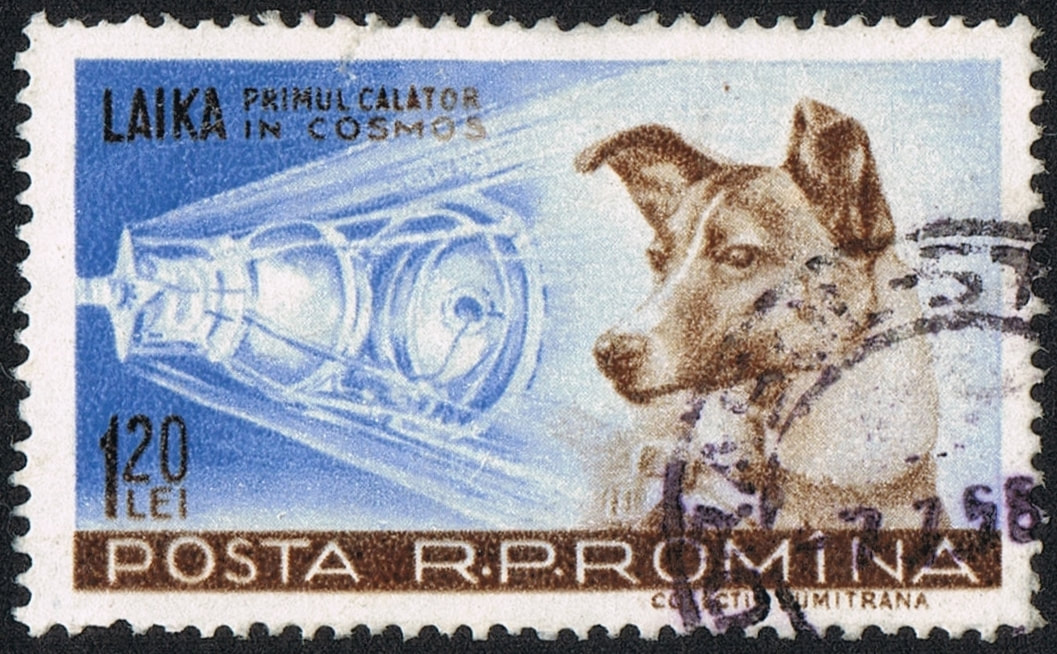
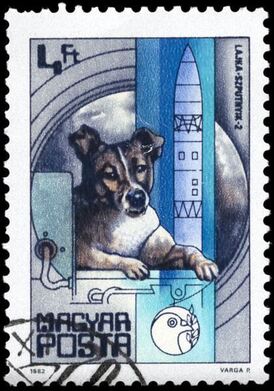

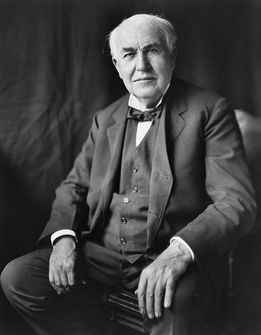
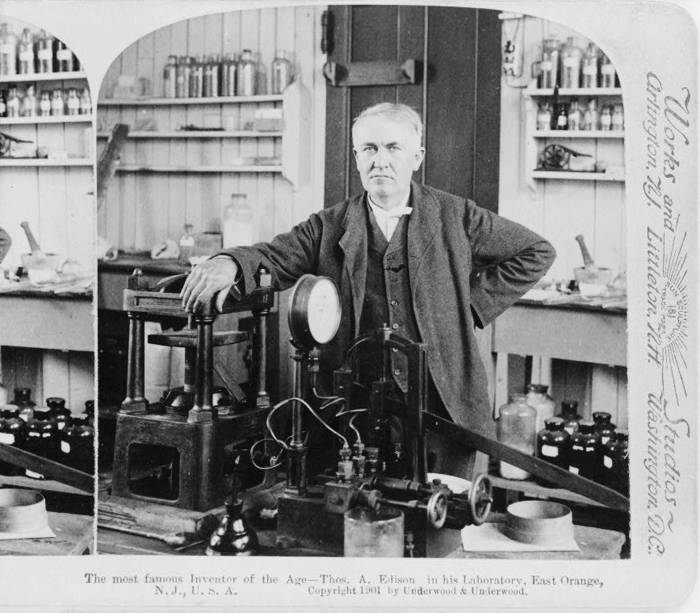

 RSS Feed
RSS Feed
